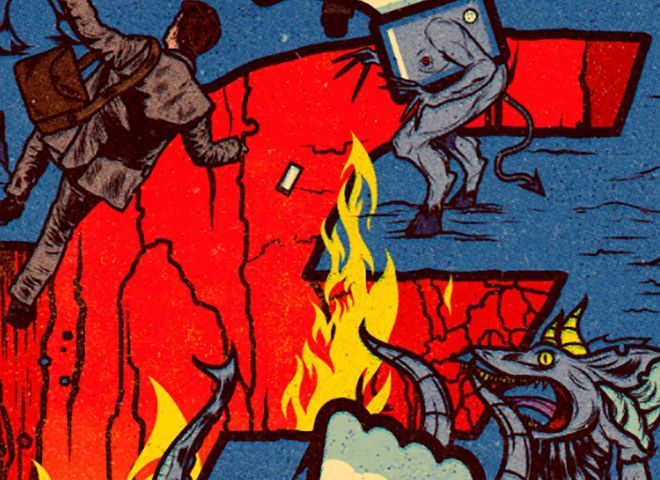The digital revolution has mostly been a disaster for traditional publishers. Not because innovative competitors have come along to improve the news product or that digital publications figured out better ways to get their product to more people.
The one advantage that traditional publishers had was their ability to connect advertisers with customers. Writers, reporters, editors – no matter how valuable – always occupied a lower rank on the power grid because they were interchangeable and replaceable. Publishing power rested in control of the publishers’ delivery platforms.
Publishers’ fatal error was failure to protect those platforms – first from Craigslist, then a tangle of ad networks, and finally Google and Facebook. These last two have been both irresistible and fatal for publishers struggling to sell ads. They supply vast audience that few publishers can afford to resist. But they also capture control of the ads that run alongside content. From a story out this week on Columbia Journalism Review:

According to a recent estimate by media investment firm GroupM, Google and Facebook will account for close to 85 percent of the global digital ad market this year and will take most of the growth in that market—meaning other players will shrink. “This is exceedingly bad news for the balance of the digital publisher ecosystem,” the firm reported.
While it may be tempting to see Facebook as an evil overlord determined to crush media companies and journalists under its boots, most media companies find themselves in this predicament because they failed to adapt quickly enough, so in a sense they only have themselves to blame.
So publishers have lost control of the thing that gave them ultimate power in the news ecosystem. And Facebook’s recent “benevolence” in investing hundreds of millions in paying for some content is really the last nail in the coffin. Facebook and Google have effectively stripped the traditional power of the publisher, pushing them down the power rung with the editors, writers and reporters, dependent on the digital entities for the ability to make money.
But unlike traditional publishers who must compete with other publishers, the Facebook/Google monopoly doesn’t actually produce its own content and so has no investment in its quality. It enables it all, good and bad. It has created a marketplace which it controls. And it gets to decide winners and losers. New York Times, sure. Breitbart? Of course (to prove “balance”). But small publishers? Fugeddaboutit. More crucially, the monopoly allows them to set the rules for what makes money for all publishers. And fatally for all of us, the “rules” for that content are opaque, baked into algorithms no one (even publishers) are allowed to see. How’s that working out so far?

One of the factors in the publishers’ slow awakening to the threat is the enormous profitability of newspapers in the late 1990s. That made them complacent and also targets for investors and consolidators. Absentee ownership of local dailies severed the loyalty, and the willingness to invest, and so the readers and advertisers drifted away, too gradually for the publishers to notice in time.